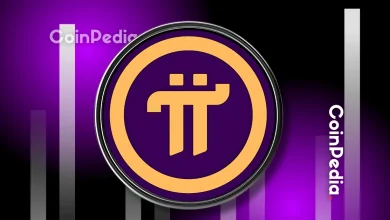
The U.S. House of Representatives has postponed its vote on H.J. Res. 109, which aims to override President Biden's veto.
H.J. Res. 109 seeks to overturn the SEC's SAB 121 rule, requiring companies to list client-held cryptocurrencies as liabilities.
If the resolution fails, a new bill may be introduced.
It what could come as a shocker to many, the U.S. House of Representatives has delayed its vote on H.J. Res. 109, which aims to overturn President Joe Biden’s veto of a pivotal cryptocurrency regulation. Originally slated for 10:30 AM on Thursday, July 11th, the vote has been rescheduled due to an urgent and unforeseen debate on another issue, as reported by Eleanor Terrett, a journalist and producer at Fox.
This abrupt change follows a letter from President Biden—its specifics remain confidential but seem to have influenced the House’s scheduling.
Key Issue at Stake
H.J. Res. 109 seeks to counter a veto concerning Staff Accounting Bulletin 121 (SAB 121), a 2022 SEC rule mandating that companies holding cryptocurrencies for clients must record these assets as liabilities on their balance sheets. Despite bipartisan efforts to overturn the veto, Congress has yet to secure the necessary votes.
This resolution aims to clarify the regulations governing cryptocurrency and other digital assets.
What Happens If the Vote Fails?
According to Terrett, if the vote on H.J. Res. 109 fails, House leadership will pursue a new bill through the regular legislative process to achieve the same goals as the resolution, bypassing the Congressional Review Act (CRA).
However, the Financial Innovation and Technology for the 21st Century Act, enacted in May, aims to define better the regulatory roles of U.S. commodities and securities entities in the crypto space, further complicating the legislative landscape.
Election Year Dynamics
As the 2024 U.S. elections approach, both President Biden and Republican candidate Donald Trump are intensifying their focus on digital asset issues, potentially indicating a shift towards more favorable policies for the cryptocurrency industry.
To succeed, the House would need around 60 more votes than the 228 previously obtained. The forthcoming vote will be a critical test of bipartisan support for the Financial Innovation and Technology for the 21st Century Act.
For those keen to follow the developments, Terrett has shared a link to the live stream of the House vote on H.J. Res. 109, which can be accessed here.
The postponed vote is just the beginning. Keep watching as the fight over cryptocurrency regulations unfolds.








